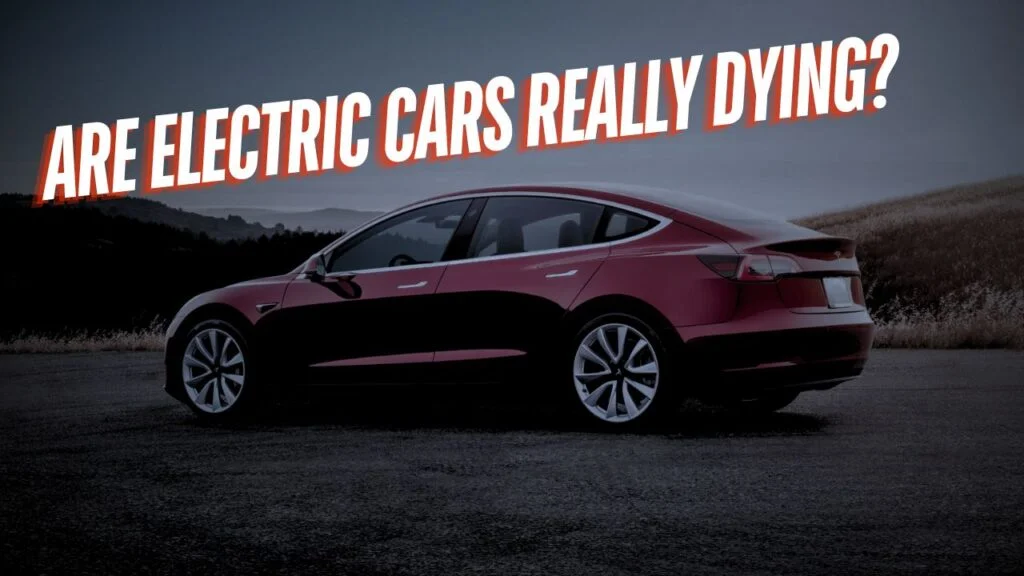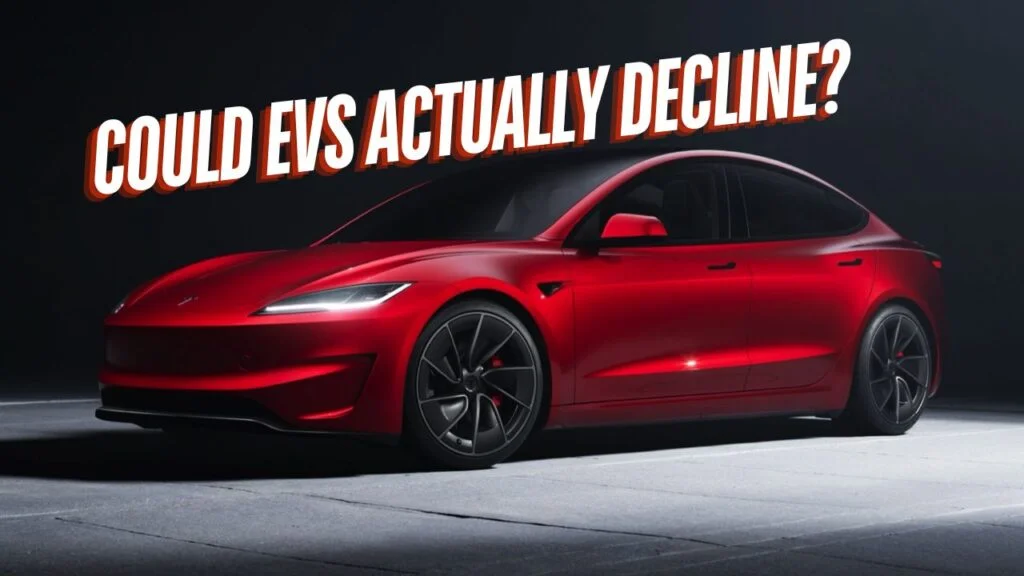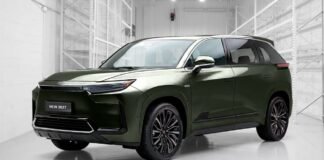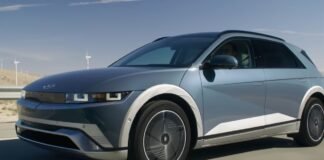This is Andrew, and today we’re going to talk about the death of electric cars—or at least, that’s what we’re hearing in the media. Electric cars are dying; nobody’s buying them anymore. I know electric cars aren’t usually the most exciting topic, but this one is because we are going to talk about their supposed death. So let’s get started.
The Media’s Take on EV Sales
Over the past few months, you’ve likely come across articles reporting that EV sales are plummeting. The media suggests that the electric vehicle market is crashing, or at the very least, the rapid growth we’ve seen in recent years is slowing down. However, the reality is more nuanced.
The truth is, the EV market has softened a bit, but the situation isn’t as dire as some reports make it out to be. The decline in sales growth can vary depending on the brand, model, and even the region. For example, while sales may be slowing in certain areas, other markets are still seeing steady growth. So, what’s really happening?
Are Electric Cars Really Dying?

The big question is whether electric cars are actually dying. My answer is a resounding “No.” There are several reasons for this, but the most important one is that a couple of slow quarters don’t spell doom for an entire industry.
It’s easy to get caught up in the short-term numbers, but it’s crucial to look at the bigger picture. Yes, EVs may have seen a dip in sales recently, but that doesn’t mean they’re dead. In fact, considering the current financial climate—with higher interest rates and economic pressures—it’s not surprising that sales of expensive items like cars, especially electric ones, might slow down.
EVs Came On Fast and Made a Mark
Let’s not forget that electric vehicles have come a long way in a short time. Just 12 years ago, there were zero EVs on the market. Now, they make up around 7% to 9% of the entire U.S. vehicle market. In some European countries, where incentives for EVs are stronger, that number is even higher—over 50% in some cases.
Given the rapid growth of EVs, it’s only natural that we might see some pullback. The early adopters, those eager to try out the new technology, have already made their purchases. Now, the market needs to convince the more cautious buyers—those who want to see how EVs fit into their lifestyle before making the switch.
Could EVs Actually Decline?

While the current narrative might be exaggerated, it’s not entirely out of the realm of possibility that EV growth could slow down. I don’t believe we’ll see electric cars disappear, but the explosive growth we’ve witnessed might taper off.
Three significant drawbacks are holding EVs back:
- Range Limitations: Range anxiety remains a major issue. Long trips in an EV can add significant time to a journey due to the need for frequent charging. For many drivers, this isn’t feasible, especially when the charging network is crowded.
- Resale Value: Electric cars are depreciating faster than their gas-powered counterparts. Models like the Tesla Model S Plaid, which once commanded high prices, can now be found for a fraction of their original cost. This steep decline in resale value makes potential buyers hesitant.
- Charging Infrastructure: While some EV owners can charge their vehicles at home, many others cannot. Those living in apartments or relying on public charging stations face significant challenges, making EVs less practical for a large segment of the population.
These issues could prevent EVs from continuing their rapid growth. Early adopters have already made the switch, but the broader market may not be as willing or able to do so.
Where Are the Plug-In Hybrids?
One question that often gets overlooked in the discussion about electric vehicles is the role of plug-in hybrids. Early EV enthusiasts mocked plug-in hybrids for not being fully electric, but they offer a compelling middle ground.
Plug-in hybrids can operate on electric power for short trips, but they have a gasoline engine for longer journeys. This combination eliminates the two biggest issues with EVs: range and charging infrastructure. For many drivers, a plug-in hybrid could be the perfect solution, offering the benefits of electric driving without the drawbacks.
Government Incentives and the Future of EVs
It’s worth considering why plug-in hybrids haven’t gained more traction. One reason could be the strong government incentives for full electric vehicles. In many countries, including the U.S., automakers are incentivized to produce fully electric cars, often through tax breaks and subsidies.
This push for full EVs has overshadowed plug-in hybrids, which might explain why we see fewer of them on the market. However, as the challenges facing full EVs become more apparent, we might see a resurgence in interest for plug-in hybrids.
Final Thoughts: The Exaggerated Demise of EVs
In conclusion, the reports of the death of electric cars are greatly exaggerated. While EVs may not see the same explosive growth in the coming years, they’re far from dead. The industry still faces significant challenges, particularly in terms of range, resale value, and charging infrastructure.
However, there’s also a strong case to be made for alternative solutions like plug-in hybrids, which offer a more balanced approach for those not ready to go fully electric.
So, are electric cars dead? No, but the road ahead might be more complicated than some have anticipated.
I hope this post has shed some light on the current state of the EV market and made the potentially dull topic of electric cars a bit more interesting.


